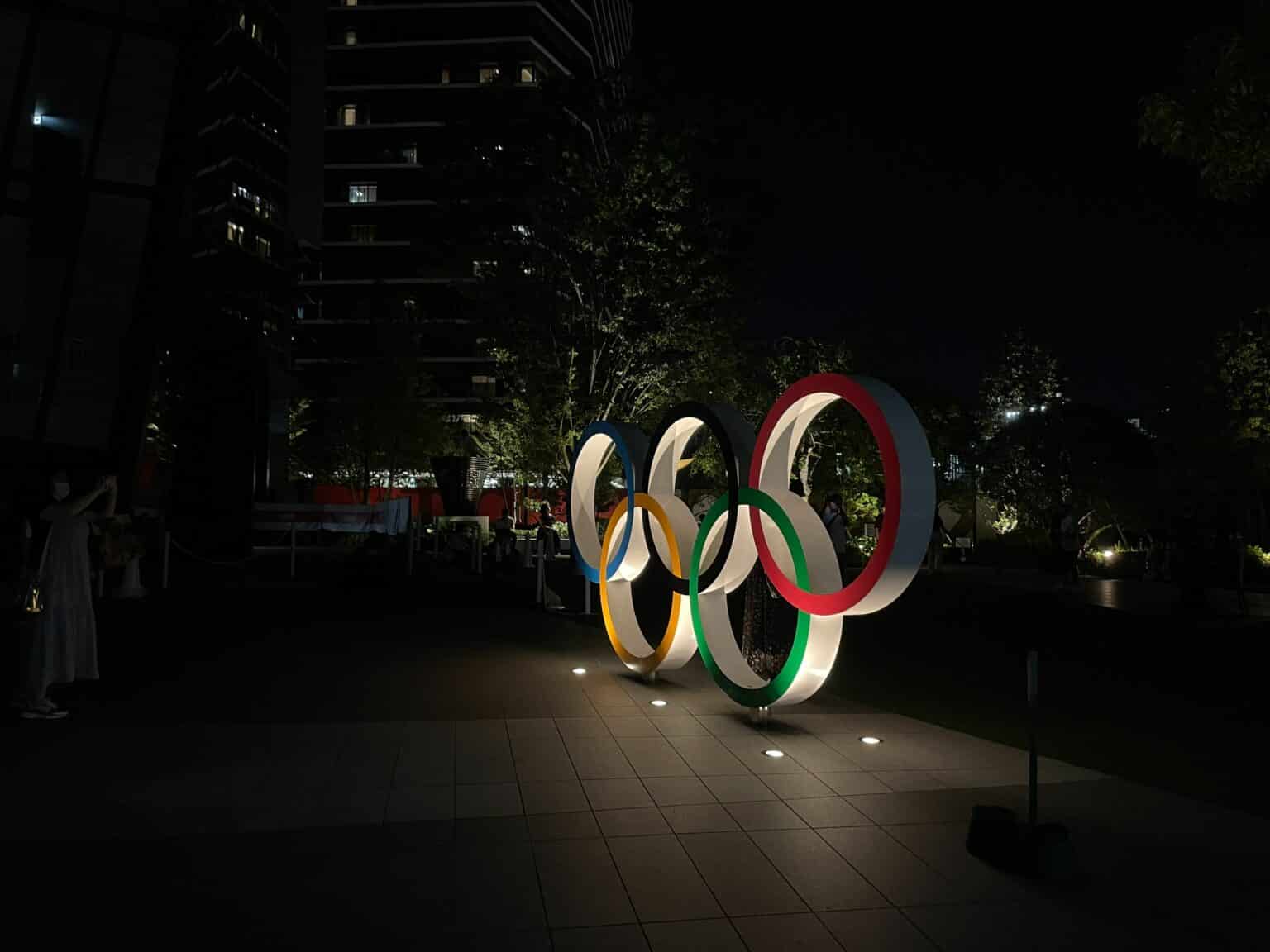A statement released Monday by 34 nations asks the International Olympic Committee (IOC) to clarify the definition of “neutrality” as it seeks a way to allow Russian and Belarusian athletes into next year’s Paris Olympics.
The statement was signed for the United States by Lee Satterfield, Assistant Secretary of State for Educational and Cultural Affairs. It reads in part, “As long as these fundamental issues and the substantial lack of clarity and concrete detail on a workable ‘neutrality’ model are not addressed, we do not agree that Russian and Belarusian athletes should be allowed back into competition.”
In a separate statement, Satterfield added, “Russia has proven, time and again, it has no regard for and is incapable of following the rules—in international sport and in international law.”
Officials from Britain, France, Canada and Germany also signed the statement. These countries, along with the United States, together made up nearly one-fifth of all athletes at the Tokyo Olympics in 2021, which had been postponed a year because of Covid.
The Mayor of Paris, Anne Hidalgo, said on February 7 that Russia should be blocked from taking part in the 2024 Paris Olympics if it continues its war against Ukraine. However, she conceded that the ultimate decision is up to the IOC.
Meanwhile, Ukrainian President Volodymyr Zelensky has repeated an assertion made by other Ukrainian offiicials: Russian athletes have “no place” at next year’s Paris Olympics if the invasion of Ukraine continues. Ukraine—along with other countries such as Poland, Latvia, Lithuania and Denmark—have suggested an Olympic boycott was possible if Russia continues to wage war.
Monday’s statement followed an international summit in London on February 10, where Zelensky made his assertion.
The IOC is seeking a way to allow Russians and Belarusians—Russia’s closest ally in the war—to participate in the Paris Olympics. The Committee has cited United Nations human rights experts who believe athletes should not face discrimination because of the bad acts of their government. The IOC wants athletes who have not supported the war to be able to compete in the Olympic Games.
Monday’s statement from the 34 countries acknowledges that there is an argument for Russia and Belarus to participate in the Olympics as neutral athletes, which would mean in part competing under a neutral flag rather than the flags of their nations. However, the statement also underscores how closely sports and politics are intertwined in these two particular countries.
The parliament of the European Union has meanwhile called upon its 27 member nations to pressure the IOC to reverse its policies—adding that he Olympic body’s approach was “an embarrassment to the international world of sport.”
And Ukraine in particular is concerned that Russian athletes from military sports clubs or who hold military ranks could compete in the Olympics.
“In Russia, sport is an element of politics, powerful propaganda, in this case the promotion of war,” Ukrainian sports minister Vadym Guttsai wrote to IOC President Thomas Bach and other Olympic leaders in a letter that was published February 9.
Last week, Bach said the Olympic Committee stood in solidarity with Ukraine’s athletes, but also insisted that sports have to respect the human rights of all athletes.
“History will show who is doing more for peace. The ones who try to keep lines open, to communicate, or the ones who want to isolate or divide,” he said.
It was at the Winter Olympics in Beijing shortly before the February 24 invasion of Ukraine that Russian President Vladimir Putin and Chinese President Xi Jinping announced a “no limits” partnership specifically to buffer the blow of anticipated Western sanctions. Putin reportedly postponed his invasion until after the Beijing Olympics were complete.
In Monday’s statement, the 34 nations told the Olympic Committee that the quickest way for Russia to get back into international sports would be “by ending the war they started.”


